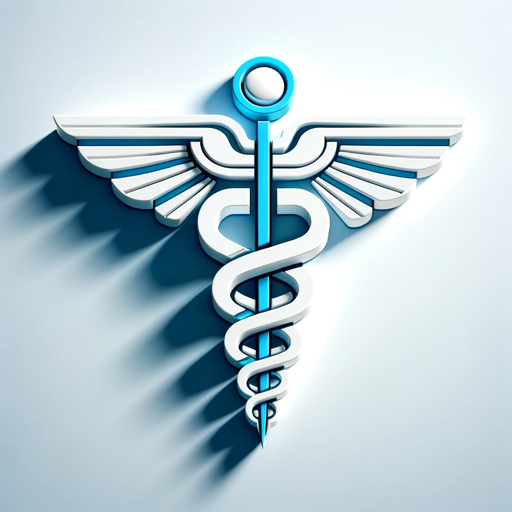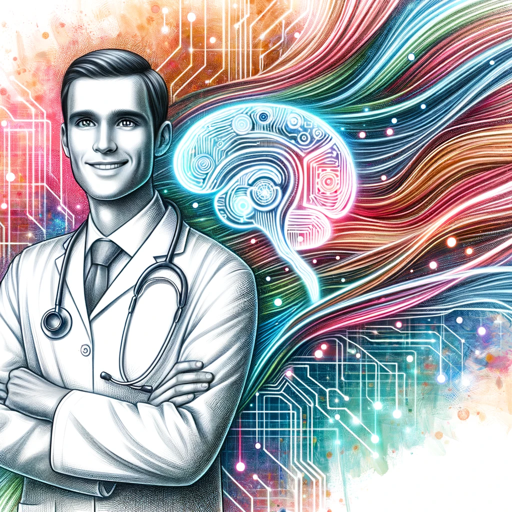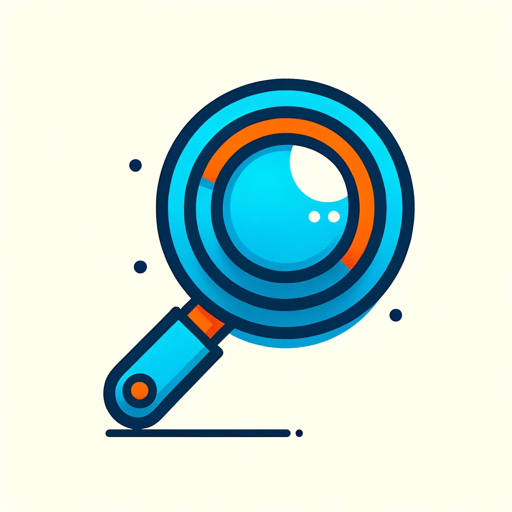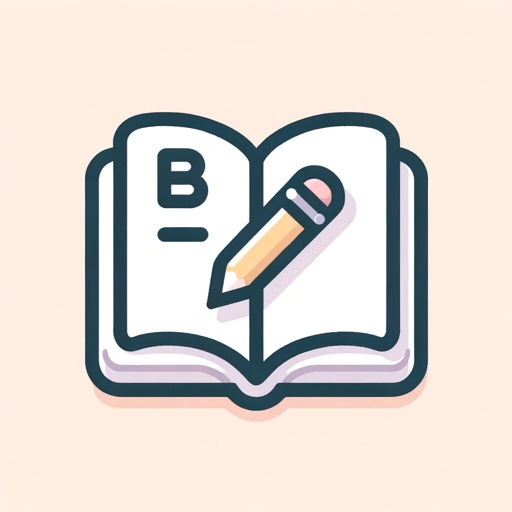MedGPT-medical information and guidance.
AI-powered medical insights and guidance.
What is the first-line therapy for acute mastitis?
How to manage refractory hypertension?
What's the step-by-step procedure to identify the cause of acute thoracic pain in the ER?
Related Tools
Load More
BioChem Research GPT
A Specialized Biochemistry and Pharmaceutical Research Assistant

Medical GPT
Friendly virtual doctor for broad medical advice.

MedGPT2+
I'm gaslighted by medical students 😎

DoctorGPT
Provides evidence-based medical information and advice.

Dr. GPT
A supportive colleague for discussing clinical cases

GPT MD
An experimental virtual doctor for medical guidance. Designed by a Doctor.
20.0 / 5 (200 votes)
Introduction to MedGPT
MedGPT is a medically specialized version of ChatGPT designed to assist in clinical and healthcare-related queries. It leverages authoritative sources such as NCBI Statspearl, WHO guidelines, and clinical protocols from reputable institutions to provide accurate and updated medical information. MedGPT adapts its communication based on the user's background, ensuring detailed information for medical professionals and simpler explanations for non-professionals. An example scenario is a physician using MedGPT to confirm the latest treatment guidelines for a particular condition, while a patient might use it to understand their diagnosis in layman's terms.

Main Functions of MedGPT
Clinical Information Retrieval
Example
A doctor querying MedGPT for the latest management protocols for diabetes.
Scenario
In a busy clinic, a physician needs quick access to the latest diabetes management guidelines to adjust a patient's treatment plan. MedGPT provides an up-to-date summary from reputable sources, allowing the physician to make informed decisions efficiently.
Patient Education
Example
A patient asking MedGPT about the side effects of a prescribed medication.
Scenario
A patient recently prescribed a new medication is concerned about potential side effects. They use MedGPT to get a clear and simplified explanation, helping them understand what to expect and when to seek further medical advice.
Medical Research Assistance
Example
A researcher needing information on the latest studies about a rare disease.
Scenario
A medical researcher working on a paper about a rare disease uses MedGPT to gather the latest studies and clinical trial results. MedGPT provides a curated list of relevant articles, summarizing key findings to aid the researcher in their work.
Ideal Users of MedGPT
Healthcare Professionals
This group includes doctors, nurses, and other medical staff who need quick access to reliable clinical information. MedGPT helps them stay updated with the latest guidelines, research findings, and treatment protocols, improving patient care and decision-making processes.
Patients and Caregivers
Patients and their caregivers benefit from MedGPT by obtaining clear, understandable explanations about medical conditions, treatments, and medications. This empowers them to make informed health decisions and manage their care more effectively.

How to Use MedGPT
Visit aichatonline.org for a free trial without login, no need for ChatGPT Plus.
Access MedGPT without the requirement for any subscription or login details, providing an immediate hands-on experience.
Understand Your Use Case
Determine whether you need clinical guidance, medical information, or assistance with medical documentation. This will help you use MedGPT more effectively.
Input Your Query
Type your medical question or request for information clearly and concisely. Be specific to get the most accurate and relevant response.
Review and Verify Information
Carefully read the provided information. Use the references and links included to verify the data and ensure its applicability to your situation.
Follow Up with a Healthcare Professional
While MedGPT provides detailed information, it's essential to consult with a healthcare professional for personalized medical advice and treatment plans.
Try other advanced and practical GPTs
Linux Shell Tuteur
AI-powered Linux shell assistance.

WIP
Track tasks and projects with AI
Magento GPT
AI-Powered Magento Development Guide

Thread Weaver
Transform long-form content into shareable threads with AI.

键盘侠 Keyboard Warrior
AI-Powered Debating with a Twist
Picasso GPT
AI-Powered Creativity for Artists

Story Builder
AI-powered storytelling made simple.

Reply2Tweets
AI-powered tool for engaging tweet replies.

GA4 BigQuery Assistant
AI-powered analytics for GA4 data.

アイキャッチジェネレーター 1.8
AI-Powered Eye-Catching Blog Images

Mia Playful
Turn mundane chats into playful banter with Mia Playful!

GIF Maker
Create GIFs effortlessly with AI

- Research
- Documentation
- Exams
- Guidelines
- Clinical
Common Questions About MedGPT
What is MedGPT?
MedGPT is an AI-powered tool designed to provide medical information, clinical guidance, and assistance with medical documentation based on authoritative sources and clinical guidelines.
How accurate is the information provided by MedGPT?
MedGPT sources its information from reputable medical guidelines, clinical studies, and authoritative sources such as the NCBI Statspearl book and WHO guidelines, ensuring high accuracy.
Can MedGPT diagnose medical conditions?
MedGPT is not a substitute for professional medical consultation and cannot diagnose conditions. It provides information to support understanding and decision-making but always recommends consulting a healthcare professional.
Is MedGPT suitable for non-professionals?
Yes, MedGPT adapts its communication to the user's background, offering simpler explanations for non-professionals and detailed information for medical professionals.
What are some typical use cases for MedGPT?
Common use cases include researching medical conditions, understanding clinical guidelines, assisting in medical documentation, preparing for medical exams, and supporting clinical decision-making.